How to help your children return to school: 5 top tips
Published on: 10 June 2020
Now that some children are beginning to return to school after the lockdown, Extraordinary Parenting author Eloise Rickman shares some top tips to help you with the transition.
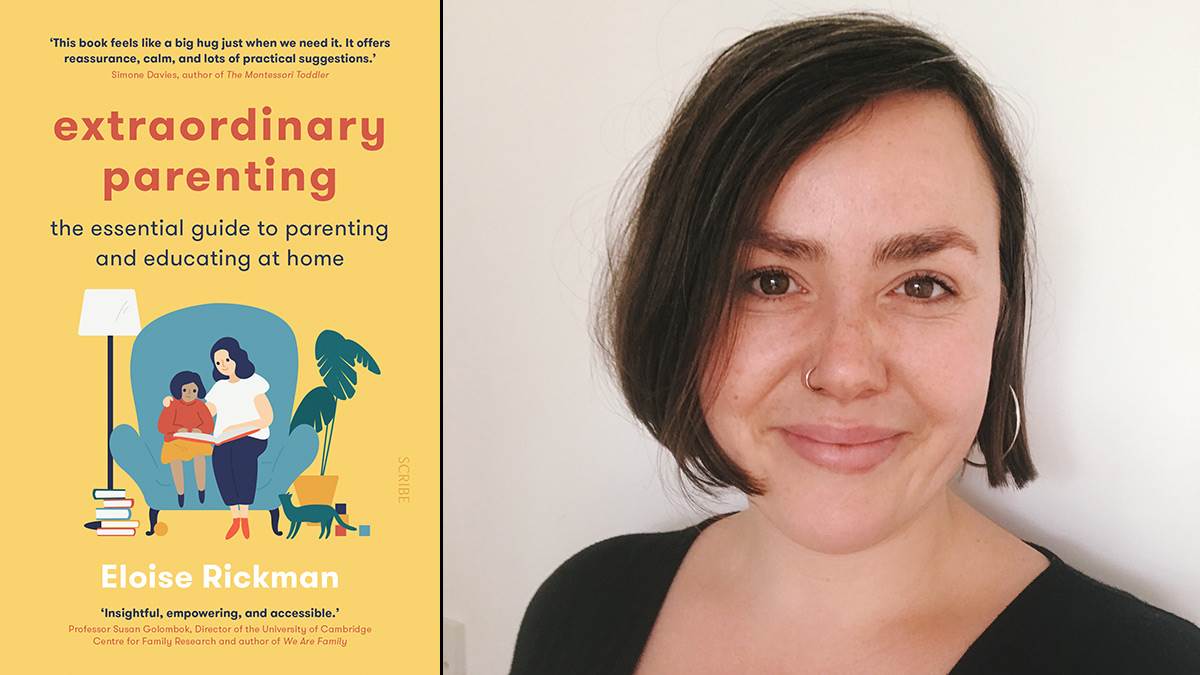
As I write this, many children across the country are slowly beginning the transition back to school after unforeseen circumstances saw schools shutting their doors to all but a few.
But in many cases the schools they are returning to are radically different, with fewer children, changed classrooms, reduced materials, different teachers, and, for some, even different schools.
Alongside parents whose children will be returning this side of September, many others are choosing to keep their children home until the new academic year. These children will also need support as they return to school after a long break.
Here are some simple but profoundly valuable steps you can take to help ease your child's transition back into nursery or school, whether they are going back now or later:
1. Make a plan with your child
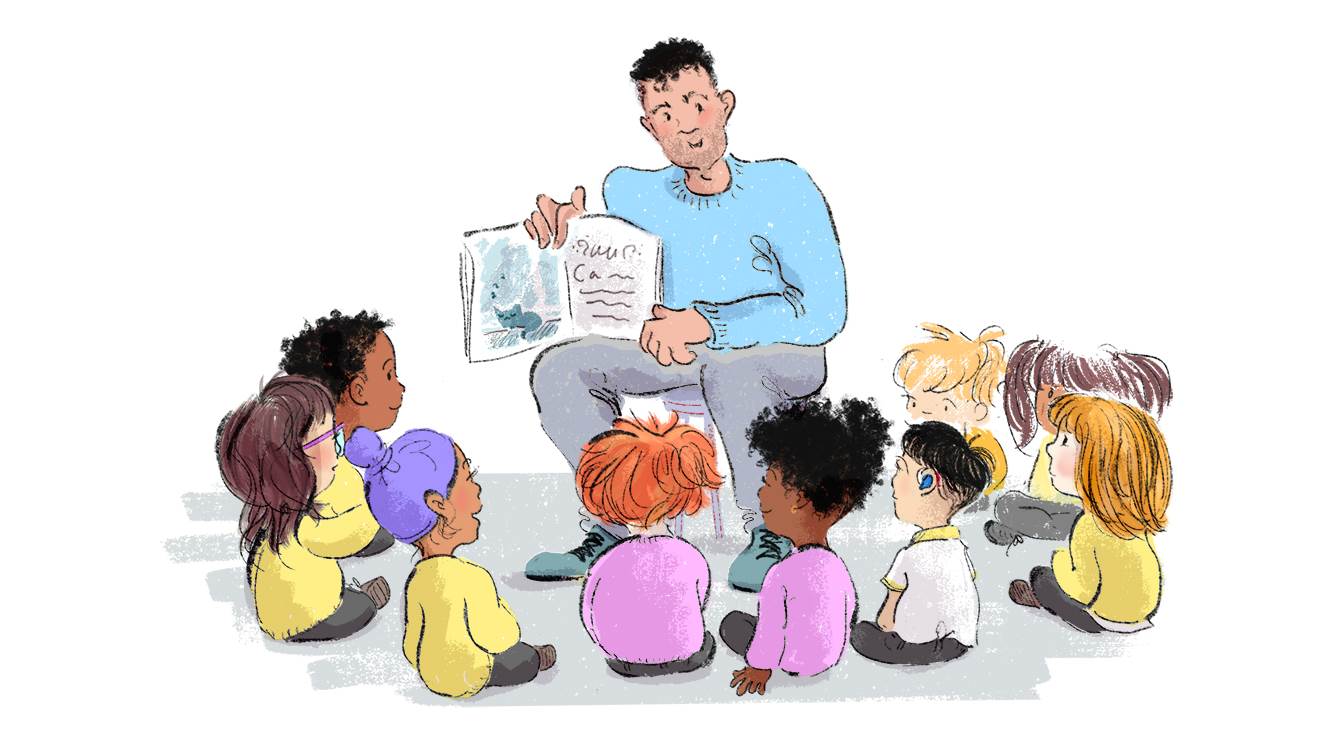
If your child is feeling worried about starting school again, having a plan in place can help them to feel more in control. Talk to them about where and how you will drop them off, what will happen then, where they will eat their lunch, what happens if they need to use the toilet and how pick-up time will look.
If your child is starting a new school or moving into a new classroom, ask if the teacher can send photos of the space as well as any communal areas in advance. If your child will be taught by a new teacher, ask if they would be willing to have a quick video call so that your child recognises them on their first day, and if they could send a photo for you to print off so that your child becomes familiar with them.
You can also make a plan with your child and their teacher so that they know what they can do if they feel upset or worried.
2. Prioritise your relationship with your children
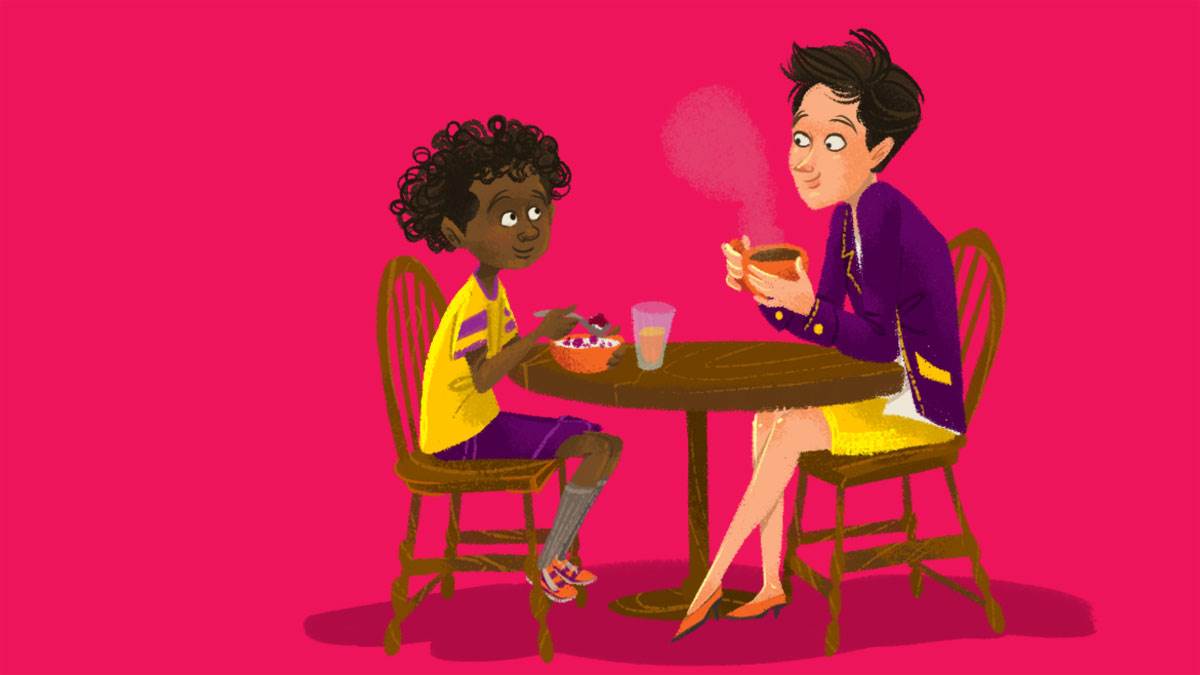
In difficult times or moments of transition, it's important to remember that you are your child's safe haven. Having a strong relationship with you provides them with a solid foundation to go off confidently and happily into the world.
Your child may be struggling with the transition back to school on some level, perhaps due to changes in teacher or classroom, missing their friends, or just from having been away for so long.
Even if it's not obvious, if they are feeling worried or stressed they will probably show this in their behaviour.
This is a good time to give them the benefit of the doubt, and remember that all behaviour can be seen as communication. If you anticipate that there might be a period of increased sibling arguments, bedtime refusal, tantrums or rudeness, it can help you respond more sympathetically in the moment as you remember that these are all ways your child is seeking to release tension or stress.
A phrase I find so helpful in my work with parents is that during challenging moments, our children are not giving us a hard time, but having a hard time.
Give them plenty of time and space to talk about how they feel, and if your child is young then pay attention to their play and the messages they may be working through in it (play is how most children process their experiences, fears, and feelings).
3. Read, read, and read more
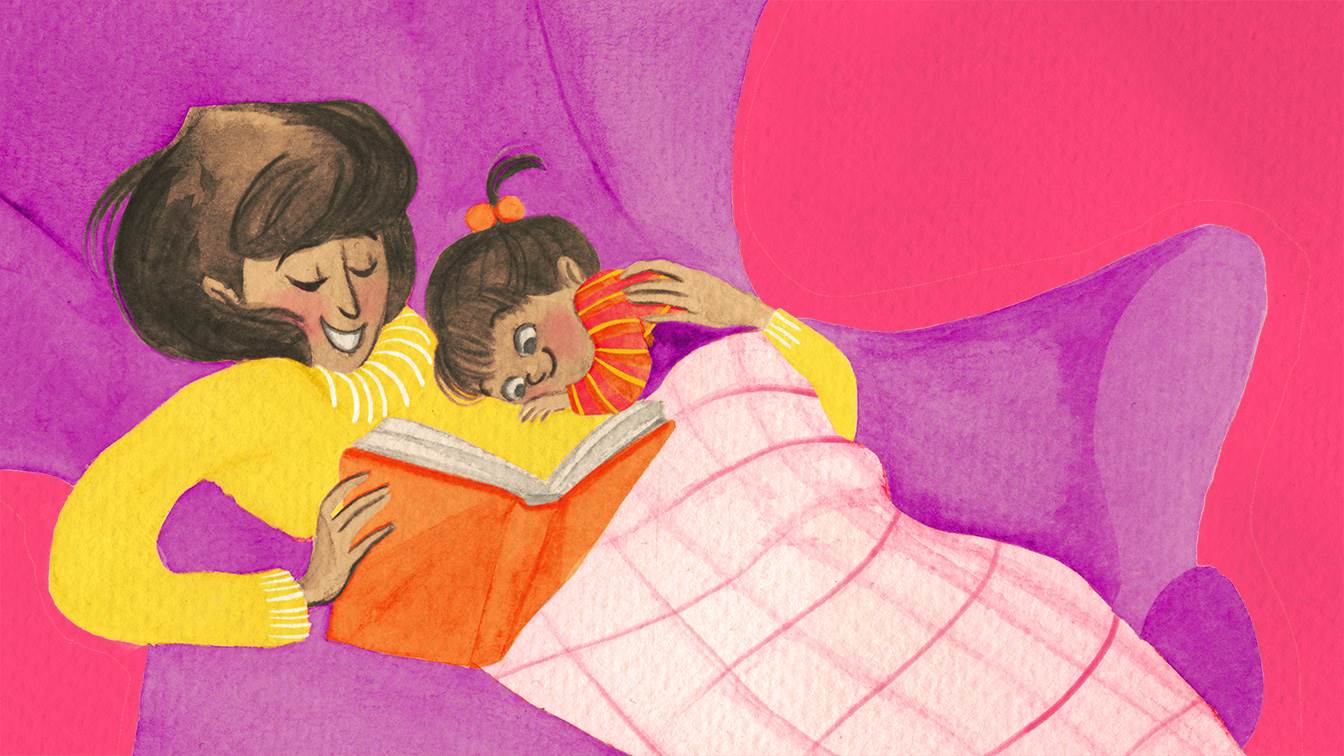
Books can play a vital role in helping children with feelings of anxiety, worry, or sadness, and in preparing them for big life events.
Some children will be returning to school having lost loved ones to COVID-19, while others will have witnessed or experienced domestic violence, or will have spent time caring for siblings or parents.
Others will be starting school in September without the usual transition from nursery or the home visits from their new teacher which can be so useful in settling into a new setting. Books can help children find the language for their emotions and experiences.
If your child has sadly experienced the loss of a loved one, If All The World Were... by Joseph Coelho, Grandad's Island by Benji Davies, and The Memory Tree by Britta Teckentrup are all beautiful, gentle books to explore death and grief.
If they are worried about returning to school, then Ruby's Worry by Tom Percival and The Huge Bag of Worries by Virginia Ironside can help spark some conversations, as can any books around identifying feelings (there are lots out there).
For children who will be starting school in September for the first time, Lucy and Tom Go To School by Shirley Hughes, Starting School from the Usborne First Experiences collection, and Starting School by the Ahlbergs can all support your child in building up a positive picture of what to expect.
As well as reading books designed to help your child overcome worries and sadness, I would also encourage you to read aloud to your child for the pure joy of it.
Whether it's a picture book, chapter book, a book about dinosaurs or some poetry, pick something you both love and snuggle up together; there's nothing quite like being transported to another world with someone they love to make your child feel safe and happy.
And it's not just our children who can benefit from reading books. The Opposite of Worry by Lawrence Cohen is a fantastic guide to supporting children with anxiety and worry, and The Starting School Book by Sarah Ockwell-Smith is full of helpful information to settle your child into school gently and happily.
4. Build a strong, simple, flexible family rhythm
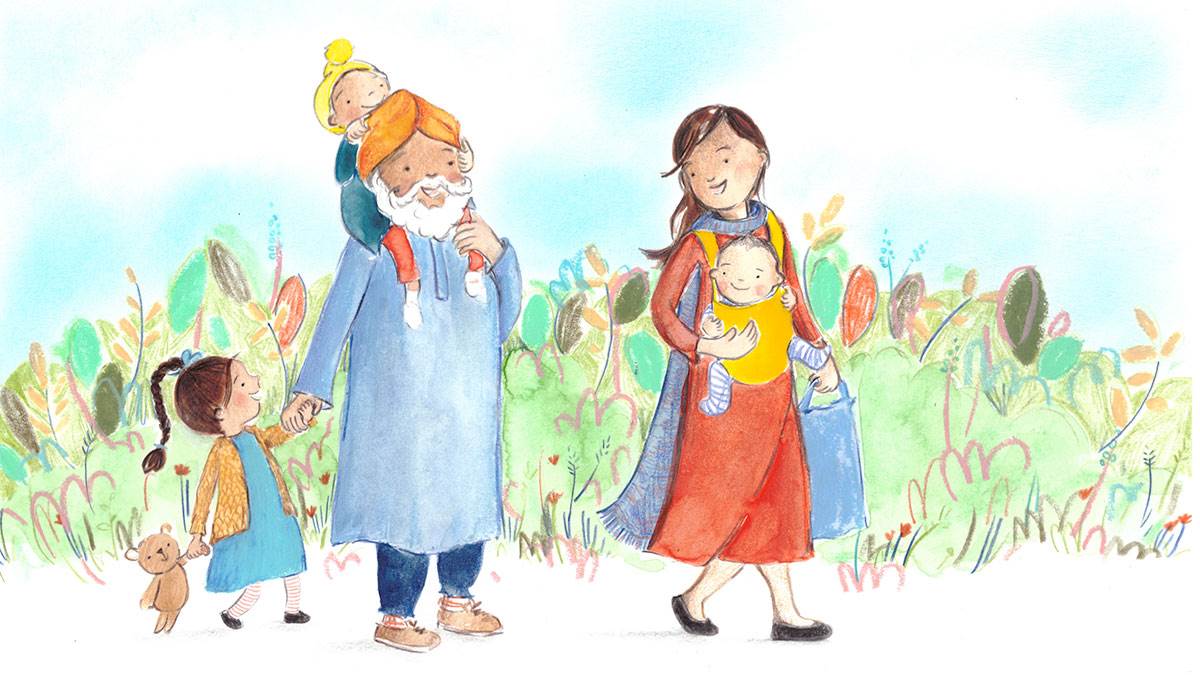
Illustration: Fiona Lumbers
Rather than talking about routines, I like to speak about rhythm - something less rigid, but predictable and reassuring. Having a family rhythm brings a sense of security and a flowing pattern to days and weeks, both things many families have been missing due to COVID-19.
Start with meals, mornings and bedtimes, building up small rituals around these; they could be as simple as lighting a candle at breakfast and symbolically blowing your child's worries away when you blow out the flame, playing soft music during dinner time, building a gratitude practice into bedtime, or having pancakes on a Saturday morning.
You might also want to look at where you can further simplify your usual evening and weekend schedules, as your child will likely be feeling more tired than usual as they make the transition back to school.
5. Take care of yourself as a parent

Illustration: Hannah Shaw
How you lead your child through this time will be directly impacted by how you are able to care for yourself during this time. Self-care may be harder at the moment – I get it, I really do, I'm finding that too – but it's all the more important to try and carve out even small moments for yourself.
Fresh air each day if possible, a few moments of quiet (even if it means using the TV to get it), enough water to drink and a kitchen dance to your favourite music are all good places to start. If you feel relaxed and calm, you'll find it easier to meet your child's needs as they go back to school.
Eloise Rickman is the author of Extraordinary Parenting (Scribe, 2020), a parent educator, and founder of A Beautiful Childhood. She works with clients around the world through online courses and coaching. Her work focuses on evidence-based parenting, home education, and helping families find more rhythm and ease in their daily lives.
Eloise is a trained doula, and previously studied social anthropology at Cambridge University where she first became interested in how childhood and family practices shape society. She believes that parenting can be a radical act, and that changing the way we raise and educate children has the potential to shape and change society for the better.
Eloise lives in South London in a sunny little house full of books with her husband and young daughter, who has been home educated from birth.
Topics: Family, Fear, School, Personal/social issues, Mental health, Features, Feelings






Add a comment